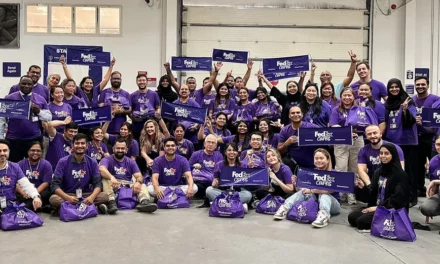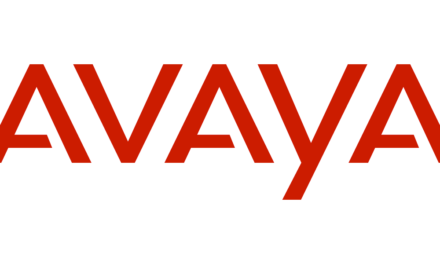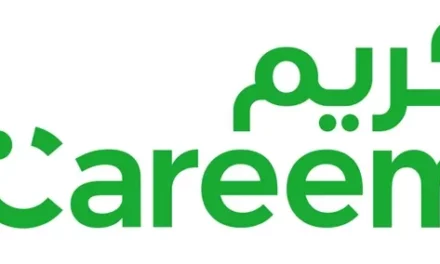
SAUDI ARABIA’S RAPID RESPONSE TO MAINTAIN EDUCATION CONTINUITY DURING COVID-19 CRISIS

Management consultancy Oliver Wyman has found that GCC countries are setting world-leading examples of successfully ensuring the continuity of education and minimising disruption for children, teachers and parents during the COVID-19 pandemic.
The rapid spread of COVID-19 has had an unprecedented impact on countries’ education systems, some of which have been unprepared for the magnitude of the crisis. The necessary measures introduced, such as country-wide school closures, have added to the social and economic costs – our analysis has found that for every four weeks of school closures an estimated 0.1-0.4% of GDP is lost. Further long-term implications on learning outcomes will present further challenges to educators and policy makers. Addressing these challenges and minimizing impact to education systems requires a holistic strategy that considers all key stakeholders including students, parents, and teachers across the dimensions of policy response, financial measures, structural changes, and social considerations to ensure education continuity and resilience against future crises.
At the policy level, governments need to establish robust response governance, coordinating both internal and external education stakeholders, fostering self-assisted education (between parents, teachers and students), and managing the emerging private sector platform and content providers. Structural rechanges include ensuring robustness and resilience in delivery infrastructure, availability and access to engaging platforms, quality of education delivery, readiness of support, and ability to measure effusiveness of initiatives. In addition, critical social conditions need to be considered – including providing equitable access to education ensuring inclusion of the underprivileged and those from families and communities with lower digital literacy and managing the impact of remote learning on the wellbeing of parents, students, and teachers. And finally, the government should provide support to population groups without necessary financial means to manage the implications of remote learning, and balancing overall budget implications given investments required to enable remote learning on a national basis
According to Abdulkarim Alyousef, Partner – Public Sector at Oliver Wyman, the GCC countries has shown extraordinary resilience and adaptability to ensure short-term education continuity.
With 8.4 million affected learners in Saudi Arabia, the government has rolled out comprehensive distance learning solutions across all levels. This includes a system for universities, which has recorded 1.2 million users in 7,600 virtual classrooms. The country has also launched five distance-learning options on TV, YouTube, education portals, ‘Future Gate’ website and a unified database that serves six million public school students. Additionally, The Kingdom has launched a new remote teaching award to promote excellence in remote teaching and assessment. Culminating the country’s efforts to ensure equitable accessibility to quality education, the Ministry of Communications and Technology have issued 100,000 SIM cards and 30,000 tablet devices free to students.
The COVID-19 pandemic presents an opportunity for governments to build on their robust measures by addressing challenges and embracing innovative solutions to build a student-centric ecosystem that substantially transforms learning. Kindergarten, schools and universities must balance high quality standards against budgets considering the increase in expenditure on digital solutions while keeping costs controlled. Suppliers have the opportunity to provide the infrastructure to promote distance learning, emotional and behavioural support while supporting a rapid recovery post pandemic. By keeping the needs of students, teachers and parents at the forefront of measures, the effectiveness of policies and investment will increase for long-term benefit post COVID-19.































